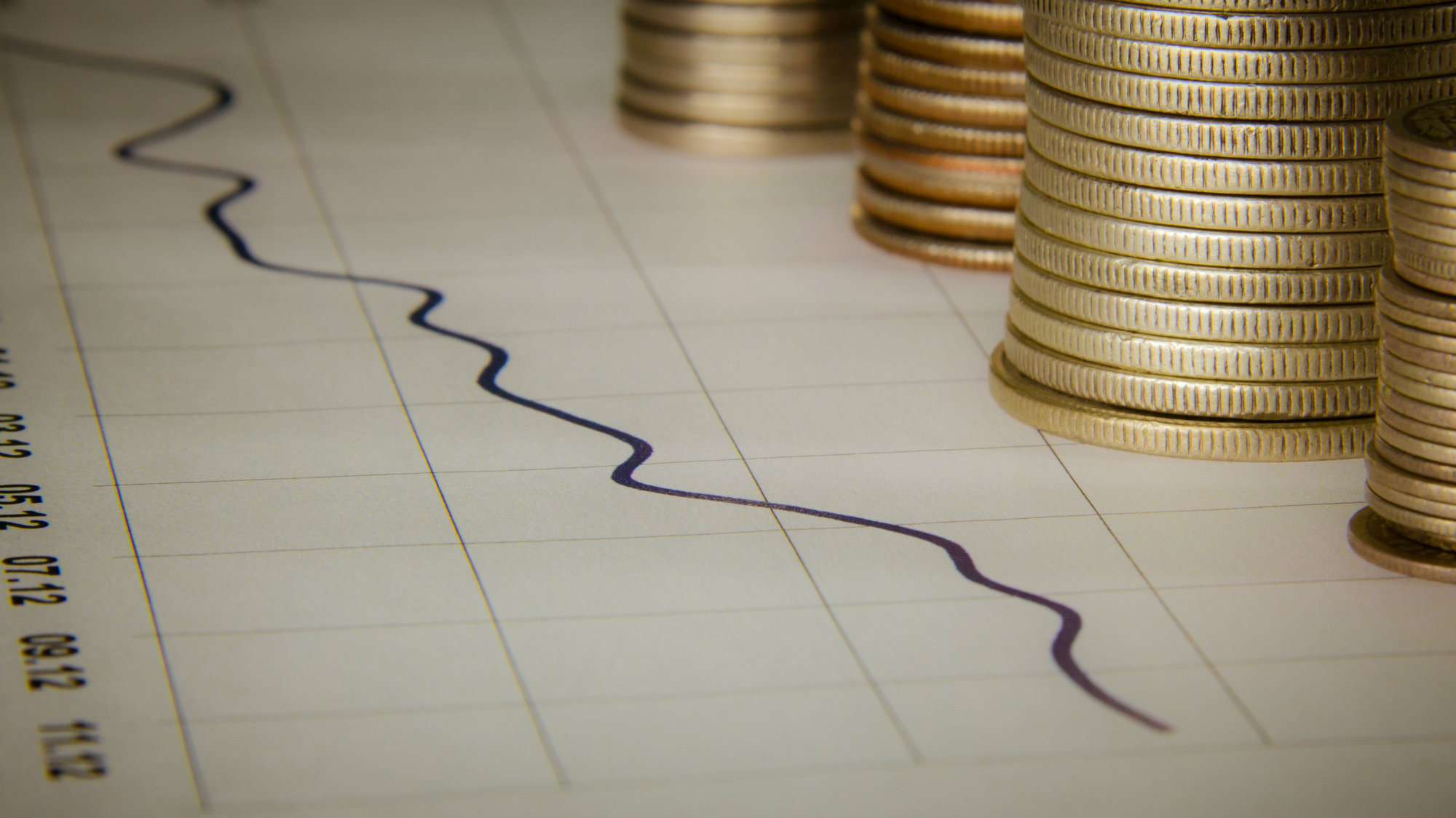It hasn’t been clear sailing over the last year and half for Canada. A range of negative factors have weighed heavily on the economy. Despite signs of an improving economic outlook, in part because of the rally in crude and a drop in global economic uncertainty, there are three risks that every Canadian investor should be paying attention to.
Now what?
Firstly, there is Canada’s overheated housing market and fears of a looming housing correction.
You see, because of the high debt-to-income ratio of Canadian households, they are particularly vulnerable to external economic shocks, and this has been a key concern for the Bank of Canada.
In fact, in March this year there was a record of 165%, or $1.65, in debt for every dollar of income earned by Canadian households.
With such high levels of debt, a rate hike or an economic downturn triggering elevated unemployment could be sufficient to place households under considerable financial stress. Many would be unable to meet their financial obligations, magnifying the risk of a housing correction that would place considerable pressure on the profitability of Canada’s banks.
This is especially the case for banks such as Canadian Imperial Bank of Commerce (TSX:CM)(NYSE:CM), which is overly reliant on domestic banking to drive earnings growth. Even Toronto-Dominion Bank (TSX:TD)(NYSE:TD) and Bank of Nova Scotia (TSX:BNS)(NYSE:BNS), which have extensive operations outside Canada, are vulnerable to a housing correction.
Nonetheless, a catastrophic housing meltdown is unlikely. The major banks are taking active measures to manage credit risk. These include stringent underwriting standards, compulsory insurance for mortgages with loan-to-valuation ratios (LVRs) of over 80%, and conservative LVRs for uninsured mortgages.
Secondly, the growing risk of a hard landing–or even worse–in China.
For some time, a number of economists, along with some of the world’s leading investors, including George Soros, believe that China is headed for a hard economic landing. Not only has economic growth slowed to its lowest level in over two decades, but a massive trillion dollar toxic debt bubble has emerged, which–when combined with signs that China’s growth is unsustainable–could trigger an epic financial meltdown that would have global implications.
You see, with China is responsible for generating almost a fifth of global GDP. As the world’s single largest consumer of commodities, it is such a global economic force that any crisis in China would inevitably negatively affect the rest of the world.
The spillover would impact Canada’s economy via a further deterioration in already weak commodity prices, declining exports, and greater volatility across global financial markets. This certainly doesn’t bode well for an already struggling energy patch or miners such as Teck Resources Ltd. (TSX:TCK.B)(NYSE:TCK), which is heavily dependent on China as a key market for the steel-making coal, copper, and zinc that it mines.
Finally, there is the risk of the crisis in the Eurozone boiling over into the global economy.
A failure to address structural economic weaknesses, an addiction to public debt, along with demographic and geopolitical pressures has triggered a protracted economic crisis with global ramifications.
The protracted economic slump in the world’s second-largest economy has forced the European Central Bank to introduce stimulus measures, such as negative interest rates that have added to global deflationary pressures. These deflationary pressures have the potential to derail any efforts to stimulate economic growth because of declining economic output and prices, placing even greater pressure on commodity prices and the value of growth assets such as stocks.
So what?
Despite the growing optimism of some investors regarding the outlook for financial markets, risks still abound, and this emphasizes the fact that investors should remain vigilant and continue to manage risk.
One of the best ways of doing this is through diversification across industries, economies, and asset classes. It also highlights why a portion of investable funds should remain in cash, giving investors the opportunity to take advantage of dips in share prices because of downturns in the economic cycle.








